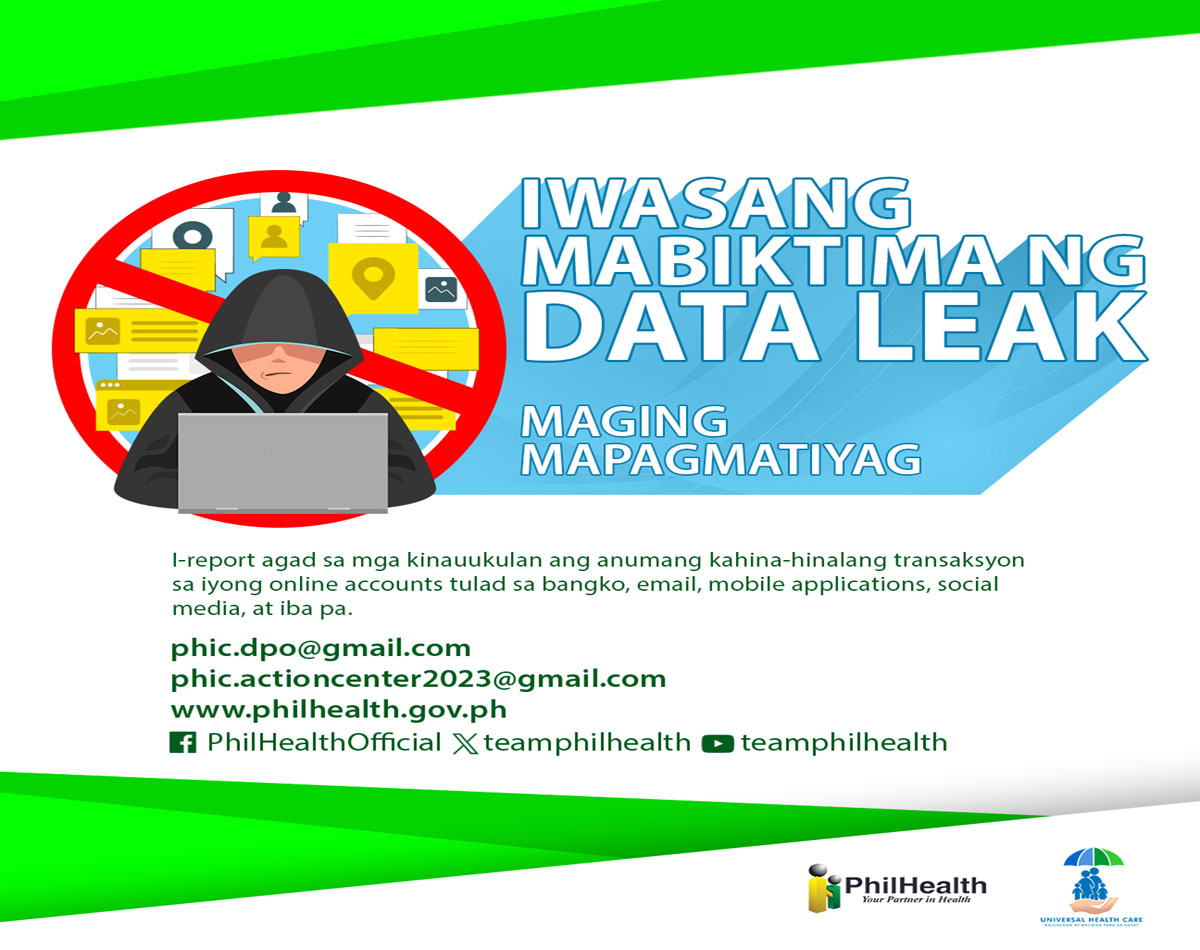Tag Archive for: Leaked
Leaked documents expose Chinese hacking company for shady business practices
/in Internet Security
The hotel was spacious. It was upscale. It had a karaoke bar. The perfect venue, the CEO of the Chinese hacking company thought, to hold a Lunar New Year banquet currying favor with government officials. There was just one drawback, his top deputy said.
“Who goes there?” the deputy wrote. “The girls are so ugly.”
So goes the sordid wheeling and dealing that takes place behind the scenes in China’s hacking industry, as revealed in a highly unusual leak last month of internal documents from a private contractor linked to China’s government and police. China’s hacking industry, the documents reveal, suffers from shady business practices, disgruntlement over pay and work quality, and poor security protocols.
GOP REP SOUNDS ALARM ON GROWING CHINESE INFLUENCE IN CENTRAL AND SOUTH AMERICA
Private hacking contractors are companies that steal data from other countries to sell to the Chinese authorities. Over the past two decades, Chinese state security’s demand for overseas intelligence has soared, giving rise to a vast network of these private hackers-for-hire companies that have infiltrated hundreds of systems outside China.

The interior of the I-Soon office is shown as the company faces allegations over shady business practices, disgruntled employees, and poor security protocols. (AP Photo/Dake Kang)
Though the existence of these hacking contractors is an open secret in China, little was known about how they operate. But the leaked documents from a firm called I-Soon have pulled back the curtain, revealing a seedy, sprawling industry where corners are cut and rules are murky and poorly enforced in the quest to make money.
Leaked chat records show I-Soon executives wooing officials over lavish dinners and late night binge drinking. They collude with competitors to rig bidding for government contracts. They pay thousands of dollars in “introduction fees” to contacts who bring them lucrative projects. I-Soon has not commented on the documents.
CHINA’S BELT AND ROAD INITIATIVE PLAGUED BY CORRUPTION AND POLITICAL BACKLASH: REPORT
Mei Danowski, a cybersecurity analyst who wrote about I-Soon on her blog, Natto Thoughts, said the documents show that China’s hackers for hire work much like any…
No Fulton residents’ info leaked by hackers
/in Computer Security
Many phones are working again, he said. The water-bill payment system is back online, and work continues on the “big three” systems: tax offices, the courts, and the internal employee system, Anderson said.
Election systems, though temporarily taken offline out of caution, were not affected; and early voting is underway for the March 12 presidential primary, he said.
Anderson hopes all computer systems will be restored within the next month. For those functions still down, county offices — especially the judicial system — have gone back to paper or are using other work-arounds.
The county is working on a case study of “lessons learned” from the attack and response, which it plans to share with other governments and the public, Anderson said.
The LockBit ransomware group claimed responsibility for the Fulton cyberattack, setting a countdown timer on the dark web that displayed some stolen county documents and threatened to release far more if an unspecified ransom wasn’t paid.
LockBit has targeted thousands of governments and companies with ransomware attacks, and an international law enforcement crackdown Feb. 19 took down the group’s website. Police agencies also seized computer servers and cryptocurrency accounts.
Although the takedown was not a direct response to the Fulton County hack, it apparently cut off the hackers’ access to stolen Fulton data. LockBit put up a new web page and set another countdown threat, but that Thursday deadline passed with no document release.
After the deadline expired, Commission Chair Robb Pitts said neither the county nor anyone on its behalf paid any ransom.
NPC Says PhilHealth Hacking Victims Can File Complaint; Warns Against Resharing Of Leaked Data
/in Internet Security
The National Privacy Commission said people can claim damages if proven affected by the Medusa ransomware attack on the Philippine Health Insurance Corp.
Individuals who had their personal data stolen in the Medusa
ransomware attack on the Philippine Health Insurance Corp. (PhilHealth)
can file a complaint before the National Privacy Commission.
NPC
Public Information and Assistance Division chief Roren Marie Chin said
on Tuesday, Oct. 10, people who think their personal data had been
compromised in the successful ransomware attack on PhilHealth can file
their individual complaint before the commission.
“Individuals affected may file a complaint to NPC and if proven, they can claim damages,” Chin said.
She added their investigation of the complaint would determine the damage claims that can be awarded.
Warning
The NPC has also issued a warning against the resharing of leaked data from the PhilHealth ransomware attack.
“It
has come to our attention that the personal data exfiltrated from
PhilHealth is being shared illicitly. We want to emphasize the gravity
of this situation and the severe consequences that await anyone involved
in processing, downloading or sharing this data without legitimate
purpose or without authorization,” the NPC said in a statement on
Tuesday.
“In unequivocal terms, the NPC issues a stern warning to
the public: Any individual or organization found to process, download or
share the exfiltrated data from PhilHealth will be held accountable for
unauthorized processing of personal information and may face criminal
charges,” it stated.
The Privacy Commission emphasized that under
Section 25 of the Data Privacy Act of 2012 (DPA), those found guilty of
unauthorized processing of personal information will face penal-ties
that include imprisonment for one to three years and a fine ranging from
P500,000 to P2 million.
In addition, unauthorized processing of
sensitive personal information carries even more substantial penalties,
particularly imprisonment for three to six years and a fine ranging from
P500,000 to P4 million.
“Sharing such leaked data exposes
affected individuals to a range of risks, including identity…



